
Texting is more popular than talking in United Kingdom
According to Ofcom’s ninth annual Communications Market report, more people in the UK are texting on their mobiles than talking. The report, which stretches to 409 pages and covers TV & Audio-Visual, Radio & Audio, Internet & Web-Based Content and Telecoms & Networks, finds that 47 percent of people still make a daily voice call. However, 58 percent now regularly send texts, with the average user sending 200 SMS/MMS messages per month.
Unsurprisingly, it’s the 16-24 age group that leads the way here, with the growth in text messaging partly fuelled by mobile providers including generous or unlimited SMS allowances in their tariffs. Thirty-two percent of people also now regularly use social networks to stay in touch, while 26 percent use some form of instant messaging.
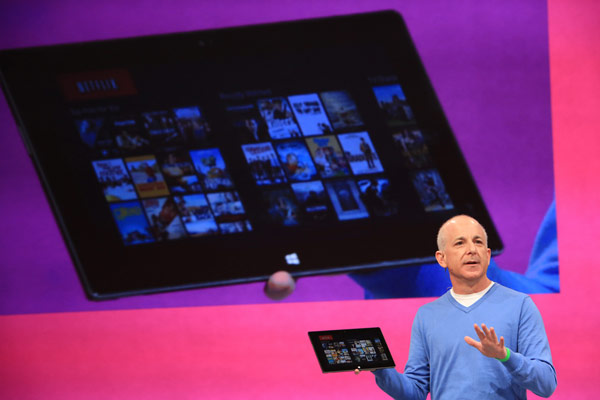
Only Microsoft Surface can compete with iPad on price
It’s an addiction. For nearly three decades, the PC industry has gorged itself on profit margins. Whether it’s a “premium” line of notebooks or the latest uber-gaming rig, vendors have always managed to squeeze enough margin out of their product offerings to line their respective silk purses. And who rides shotgun to this PC profit gravy train like some deranged, hypodermic-carrying monkey? Microsoft.
The Redmond, Wash.-based behemoth injected itself into the basic PC equation a generation ago, and it has milked the OEM license revenue stream ever since. Fortunately for them, average selling prices across the spectrum of PC categories helped offset this Microsoft addiction “surtax”. After all, what’s $70, $80 or $100 when the system in question retails somewhere just north or south of the $1,000 mark?
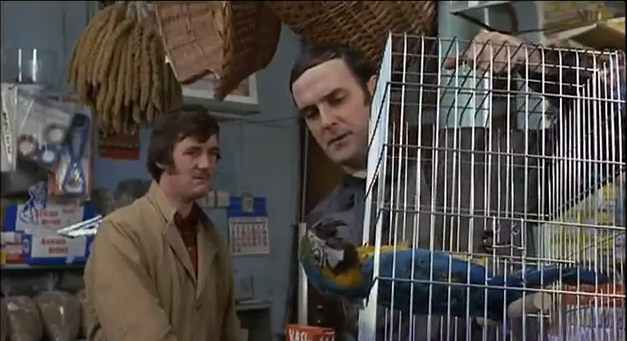
The PC is a dead parrot
Second-quarter PC shipments are grim. They're flat globally, but down 5.7 percent or 10.6 percent in the United States, depending on whether Gartner or IDC counts the numbers. IDC puts Mac shipments down for the first time in years (Gartner disagrees). When the malaise hits Macs, Cupertino, we have a problem.
Is it the calm before the big sales storm or the new normal, as consumers and businesses snap up smartphones and tablets? There's no easy answer until Apple and Microsoft ship new operating systems. Likely, it's combination of both, as manufacturers buttress against the slowest sales quarter of the year by cutting back channel inventory and preparing for dramatic changes in computing purchase priorities. The one certainly: The quarter sucked spoiled eggs cooked over-easy.
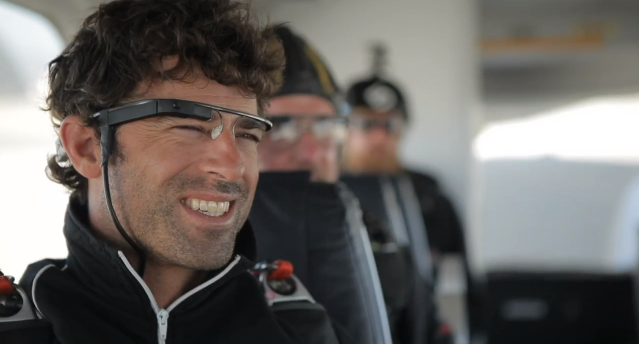
Jelly Bean gives clues to Google Glass future
Two weeks ago during I/O, Google made many announcements, with Android 4.1, or Jelly Bean, among them. But there was more: Nexus 7 tablet, media-streaming sphere, new Google+ features, some updates to the Google Maps app, and Glass, Google’s idea for "smartglasses".
All these different products may make Google seem scatter-brained, but I think Project Glass accounts for many of the Android updates. Glass is clearly important to Google. Cofounder Sergey Brin says that he spends about 50 percent of his time on Project Glass. Google also went way out on a limb last April when releasing this concept video for a product, when at the time, they said they had no plans for bringing Glass to production, and they still have no clear plan today.

Three things you REALLY need to know about iPad mini
The Apple iPad is the best-selling tablet by quite some margin, but with increasing competition from the likes of Google and Microsoft, its dominance could be under threat. Although the company could (and likely will) make some minor improvements to the iPad at some point -- making it thinner, boosting the camera, and finding a way to reduce its core temperature, for example -- it needs to come up with new variations if it wants to stay on top.
That means going large and producing a ‘MacPad’, which would essentially be a touchscreen, keyboard-less version of the Macbook Air (bringing it into direct competition with Microsoft Surface), or going small, and finally introducing the much rumored iPad mini.
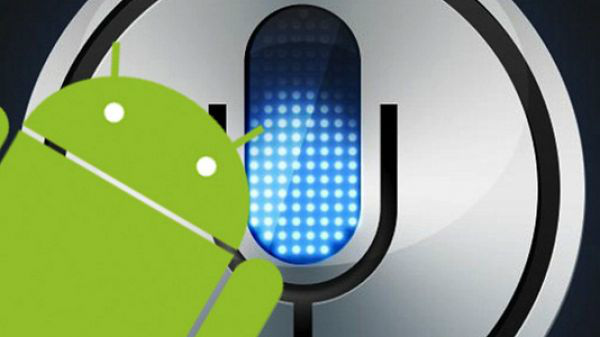
Google Jelly Bean smokes Apple Siri
A week has passed since I started up my Google I/O-issue Galaxy Nexus and updated to Android 4.1 (aka Jelly Bean). Since then, my daughter and I faced off Google's Voice Assistant against Siri (on her iPhone 4S). The results aren't surprising. Google's depth as a search provider proves its wherewithal against Apple, which calls Siri a personal assistant. But Jelly Bean's feature, used alongside Google Now, is every bit more and every bit what a digital assistant should be. Siri sucks even more, by comparison.
I will be absolutely clear: Together, Voice Assistant and Google Now represent a watershed development, living up to what Apple promises with Siri. Google has successfully presented its depth of search in a truly meaningful manner -- one that can change how people interact with mobile devices. If execution improves over time, particularly as Google Now learns personal habits, these innovations could be as important to the search giant as the development of its algorithm.

Could Apple be planning its own answer to Google Glass?
Apple, like all big tech companies, files patents for lots of things. Some are used in products it plans to make, but others are just ideas that may or may not ever come to fruition. For this reason you can never read too much into new patents, but that doesn’t mean we shouldn’t sit up and pay at least some attention to the news that Apple has been granted a broad patent for a head-mounted wearable computing device that sounds rather similar to Google Glass.
While the news might suggest that Apple has simply ripped off Google’s innovation, the truth is the patent was actually filed in October 2006 but just granted now.
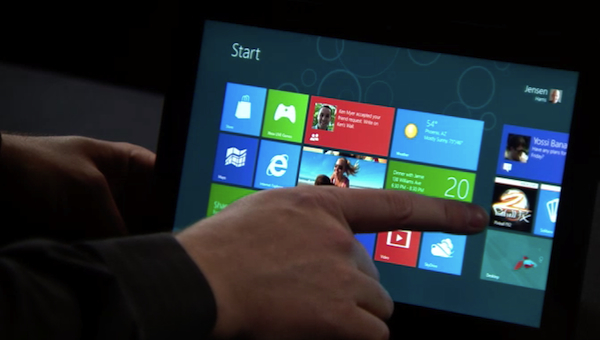
What if Windows 8 fails?
It’s the hypothetical scenario many IT pros try to ignore: What if Microsoft’s Windows 8 launch is a dud? What if Surface is a flop, the $40 upgrade promotion fizzles and all of those slick new Windows RT tablets don’t fly off the shelves?
Given today’s consumer-driven BYOD IT culture, it’s a very real possibility. The Windows ecosystem simply doesn’t hold the gravitas it once did, with users finding every possible excuse to cut the enterprise cord and dump their clunky old IT-issued laptops and desktops. It’s like the cold war-era Soviet Union facing off against Western society: Once the populace got a taste of Levis and free speech, there was no holding them back.
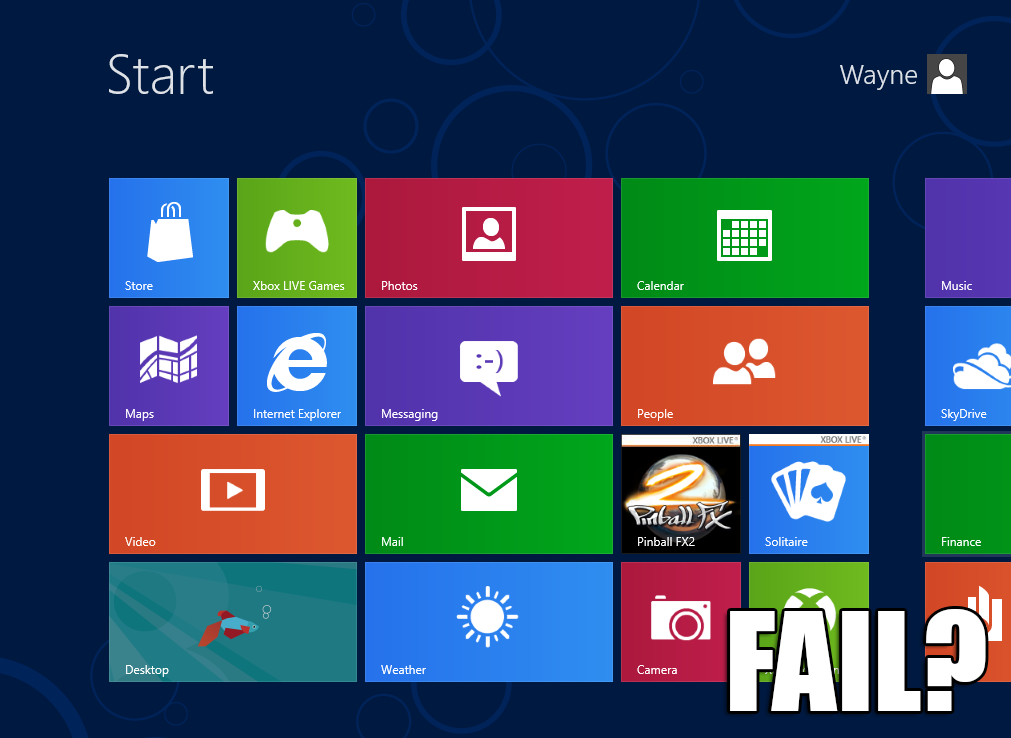
Windows 8 will flop
A technology journalist friend of mine often makes sweeping statements regarding how well he thinks a new program or piece of hardware will fare, and he’s usually completely wrong. When Ubuntu first arrived, he declared it would kill off Windows and render Microsoft an aging OS irrelevance. When Apple launched the iPad he told everyone who cared to listen that it would be a total failure because no one would want one.
I’m far less prone to making such proclamations, but I think I’m on reasonably safe ground when I say Windows 8 is going to be a dud. No version of Windows will ever be a total failure. Even Vista, which is regarded as one of Microsoft’s least successful operating systems, sold reasonably well, and I’m sure as soon as Windows 8 is released we’ll hear a lot of statistics coming out of Microsoft about how it’s the fastest-selling OS since Windows Whatever. But they’ll be statistics that we’ll have to take with a fair amount of salt.

PCs are still doomed and their end will come quicker than you think
A reader pointed out to me this past week that the personal computer is well over 30 years old -- a number that has real consequence if you are familiar with my work. He remembered I predicted in 1992 that PCs as we knew them would be dead by now.
I was obviously a little off in my timing. But only a little off. PCs are still doomed and their end will come quicker than you think.

I declare independence from Apple
Since December 1998, when on impulse I bought the original iMac from CompUSA, I've used Apple gear. No longer. Late yesterday, I replaced the last fruit-logo with another, fulfilling my pledge nearly a month ago to boycott Apple. I wanted to declare independence sooner, but with so much news to write about in June and Google I/O last week, researching and replacing the AirPort base station was too much trouble. But it's offline now -- and, along with Apple TV, going on Craigslist today.
Circumstances since choosing to boycott make me all the more adamant. Last week, US District Judge Lucy Koh issued two preliminary injunctions against Samsung devices -- Galaxy Tab 10.1 and Galaxy Nexus. Yesterday she denied Samsung's request to stay the ban pending appeal. Anticipating Nexus' similar fate, Google swiftly responded by pulling the phone from its online store and dispatching an update to existing phones. I chose to boycott being so angry by Apple's aggressive patent bullying that thwarts competition and takes away consumer choice. Today, I celebrate America's independence anniversary by gaining freedom from Apple.

Mozilla brings a knife to a gun fight, and Firefox OS can't win
Mozilla is the nonprofit organization that gave the world the first true rival to Microsoft Internet Explorer. Firefox is the second-most used web browser in the world today and because of it the way we surf the Internet has changed dramatically.
Their success was in part based on the lack of competitors. Firefox started gaining share when there was no one else around. Opera didn’t capitalize on this, but Firefox did. Their goal to penetrate the most difficult market has been achieved and it’s their desire to enter the mobile operating system world as well. Is this going to be tougher than the browser market? Considering that they haven’t yet released Firefox OS the answer is a very loud and clear: yes!
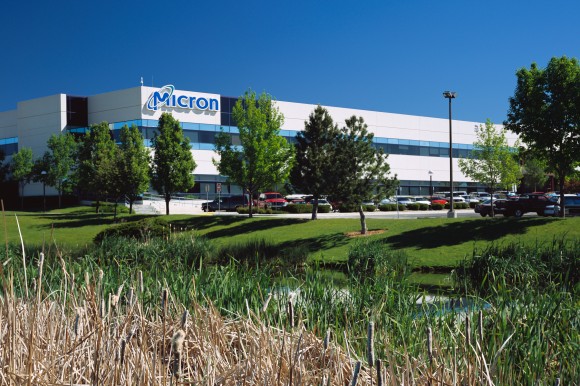
Micron swoops in to save Elpida, becomes top-tier supplier
Micron set itself up to be the world's top tablet and mobile memory supplier after announcing its intent to purchase Elpida on Monday. Apple is one of Elpida's biggest customers, and its chips are found in devices and Macs throughout its product line.
Micron will pay Elpida creditors $2.5 billion to settle any claims, and will pay Elpida $750 million to purchase its assets. Another $1.75 billion is to be paid through 2019 in installment payments for foundry services to be provided by Elpida to Micron, which will now operate as a Micron subsidiary.
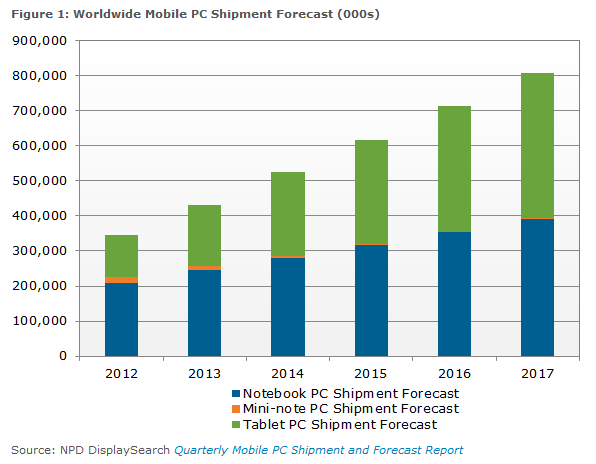
If this were 2016, you'd be reading this story on a tablet
Tablets are the hottest computing devices right now, and thanks to the likes of Google Nexus 7 and Microsoft Surface, they’re only going to gain in popularity. In fact, the latest NPD DisplaySearch Quarterly Mobile PC Shipment and Forecast Report has them on target to surpass notebook shipments by 2016. Not too shabby for a platform that didn’t even really exist before the original iPad launched in April 2010.
The total number of mobile PC shipments for 2012 is estimated at 347 million units, with tablets accounting for around 121 million of those. Notebooks are forecast at 208 million units, with mini-note PCs (netbooks) making up the remaining 18 million shipments.
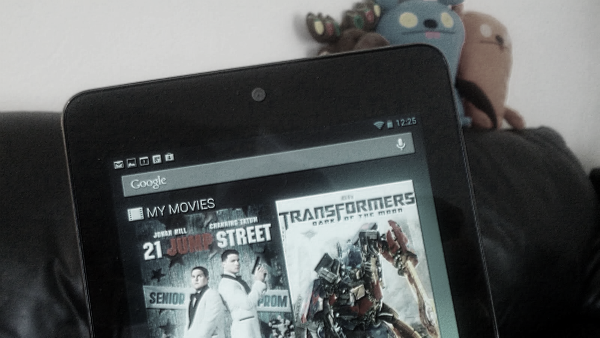
Google Nexus 7 first-impressions review
Last week, Google introduced its first branded tablet during the I/O developer conference. You can preorder one now, for delivery in a few weeks: $199 (8GB) or $249 (16GB). Maybe you're wondering if you should get one. I'd like to help that decision-making process, having the privilege of using Nexus 7 since June 27.
Nexus 7 is the most important Android device released to date. The tablet represents a culmination of disparate product and cloud services development coming suddenly together -- hardware, Jelly Bean, Chrome, curated content, seamless sync and personal assistant Google Now, among others. The tablet is first and foremost for anyone living the Google lifestyle. If you use more than a handful of Google services, this device, or Galaxy Nexus, is for you. Well, with caveats. Those aside, if you don't want this tablet, you really should.
